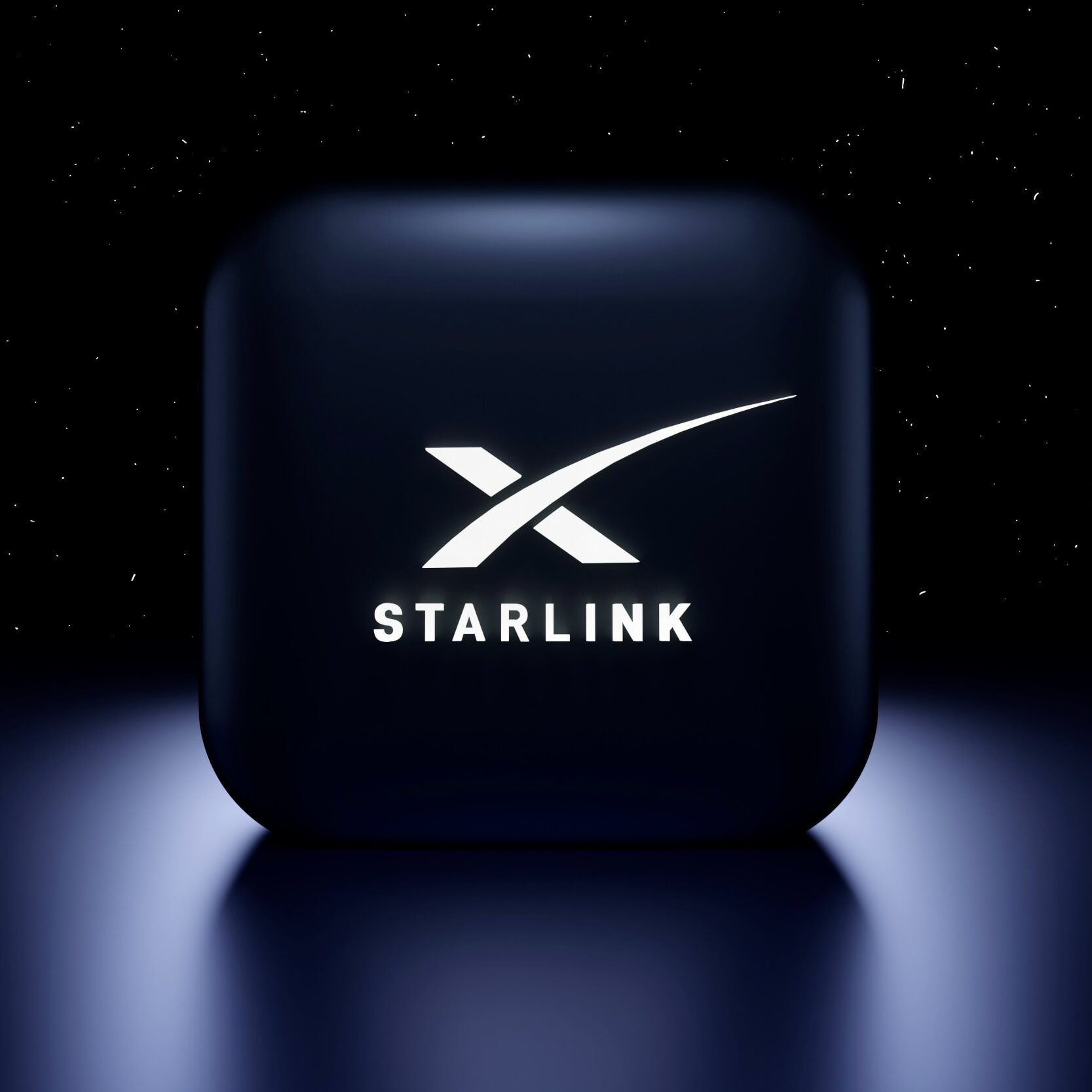Starlink Broadband Registered In Pakistan

Exciting news: Starlink Satellite Broadband is now registered in Pakistan, bringing high-speed internet access to new heights across the country.
Starlink Broadband
Starlink satellite broadband has been officially registered in Pakistan. The announcement was made by the Pakistan Telecommunication Authority (PTA) on March 16, 2023, paving the way for the service to be available to consumers in the country.
Starlink, a division of SpaceX, is a satellite internet service that promises to deliver high-speed broadband to remote and rural areas around the world. The service has gained popularity due to its ability to provide internet connectivity in areas where traditional internet providers are unable to reach.
Starlink Broadband Registration in Pakistan Revolutionizes
The registration of Starlink in Pakistan is a significant development for the country’s telecommunications sector. With a population of over 220 million people, Pakistan has a large number of rural and remote areas that have limited or no access to high-speed internet. Starlink’s satellite internet service will provide an affordable and reliable solution to these areas.
According to reports, the PTA has issued a license to Starlink to provide broadband services in Pakistan. This license will enable Starlink to offer its services to consumers in the country, subject to regulatory approval.
The registration of Starlink in Pakistan is also expected to increase competition in the country’s broadband market. Currently, the market is dominated by a few players, which has led to higher prices and limited availability of high-speed internet in certain areas. Starlink’s entry into the market is expected to lower prices and increase the availability of high-speed internet in the country.
The registration of Starlink in Pakistan is also a positive development for the country’s economy. With the increasing use of digital technology, internet connectivity has become an essential service for businesses and individuals. The availability of high-speed internet will enable businesses to operate more efficiently and connect with customers around the world. It will also provide opportunities for individuals to access online education, work remotely, and participate in the global digital economy.
However, it is worth noting that the rollout of Starlink’s satellite internet service in Pakistan may face challenges. One of the main challenges is the high cost of the service, which may make it unaffordable for some consumers. Additionally, the service may face technical challenges in certain areas, such as heavy rainfall or other weather conditions that can interfere with satellite signals.
Starlink’s satellite internet service works by using a network of small satellites that orbit the earth, providing internet connectivity to users on the ground. The service has already been launched in several countries around the world, including the United States, Canada, Australia, and the United Kingdom, among others.
Also Read: Starlink: Elon Musk’s Groundbreaking Internet

Starlink has been praised for its ability to provide high-speed internet in areas where traditional internet providers are unable to reach. The service has a low latency, which means that it can provide faster internet speeds with less delay than traditional satellite internet services.
In addition, Starlink’s service is also expected to be more reliable than traditional satellite internet services. This is because Starlink’s network of satellites is designed to be resilient and self-healing, meaning that if one satellite fails, another satellite will automatically take over its function, ensuring continuous internet connectivity.
The registration of Starlink in Pakistan comes at a time when the country is actively working to increase internet connectivity and bridge the digital divide. The government of Pakistan has launched several initiatives aimed at expanding internet access and providing affordable broadband services to its citizens.
For example, the government has launched the “Digital Pakistan” initiative, which aims to increase internet penetration in the country and promote the use of digital technology in various sectors, such as healthcare, education, and agriculture, among others.
In addition, the government has also launched the “Telecom Infrastructure Sharing Policy,” which aims to promote the sharing of telecom infrastructure, such as cell towers, to increase the availability of high-speed internet services in the country.
Overall, the registration of Starlink in Pakistan is a positive development for the country’s telecommunications sector. The service has the potential to provide high-speed internet to rural and remote areas, increase competition in the broadband market, and boost the country’s economy. It is expected that the service will be available to consumers in Pakistan in the near future, subject to regulatory approval.
The eventual fate of Starlink in Pakistan
The eventual fate of Starlink in Pakistan looks encouraging, as the help can possibly give fast web availability to a large number of individuals in the country. Starlink’s entrance into the Pakistani market is supposed to increment rivalry in the broadband area, which might bring about lower costs and better quality administrations for customers.
With Pakistan’s enormous provincial populace, there is a huge interest in reasonable and solid internet providers. Starlink’s satellite network access can possibly fulfill this need and give web availability to regions that are as of now underserved by conventional internet services.
Besides, with the rising utilization of computerized innovation in different areas, like medical care, training, and agribusiness, among others, the accessibility of fast web availability is turning out to be progressively fundamental. Starlink’s satellite web access can assist with spanning the advanced separation and empower people and organizations in Pakistan to take part in the worldwide computerized economy.
Nonetheless, there are likewise potential difficulties that Starlink might look in Pakistan. The significant expense of the help might make it exorbitant for certain purchasers, particularly in low-pay provincial regions. Additionally, the help might confront specialized difficulties, for example, obstruction from weighty precipitation or other atmospheric conditions, which might influence the unwavering quality of the assistance.
To guarantee the outcome of Starlink in Pakistan, the organization should work intimately with the Pakistani government and administrative specialists to address these difficulties and guarantee that the assistance is available and reasonable to all purchasers. Generally speaking, the fate of Starlink in Pakistan looks encouraging, and the assistance can possibly carry huge advantages to the nation’s economy and society.
All in all, the enrollment of Starlink in Pakistan is a critical improvement for the country’s broadcast communications area. The help can possibly give high-velocity web to rustic and far-off regions, increment rivalry in the broadband market, and lift the nation’s economy. Nonetheless, the assistance might confront moves that should be addressed to guarantee its outcome in the country.



